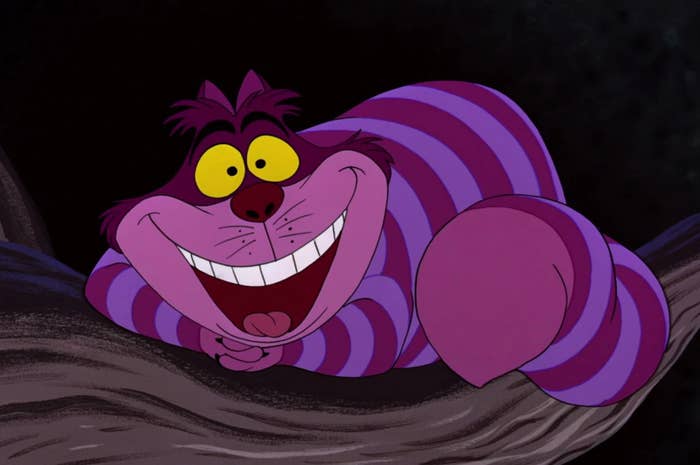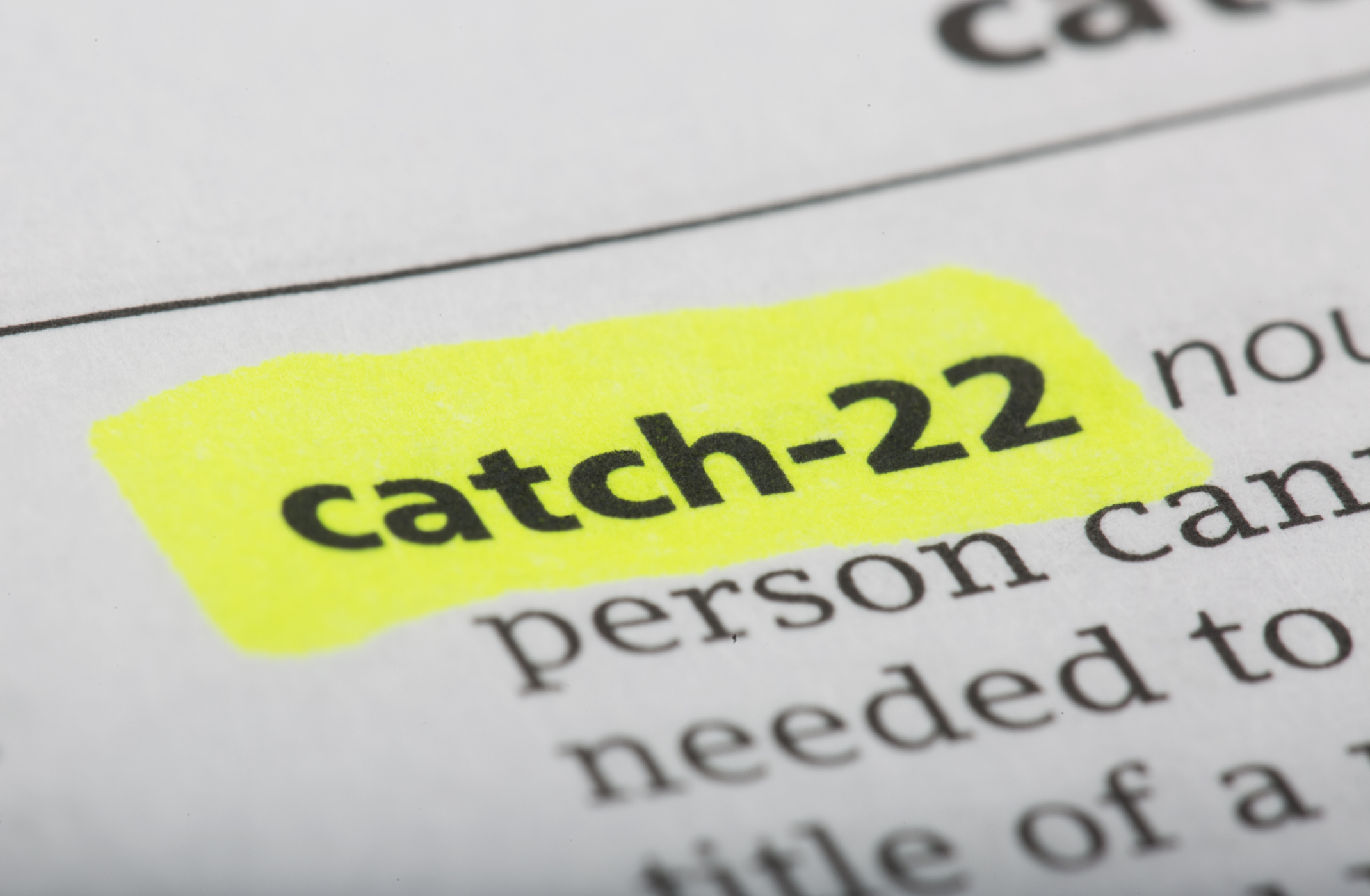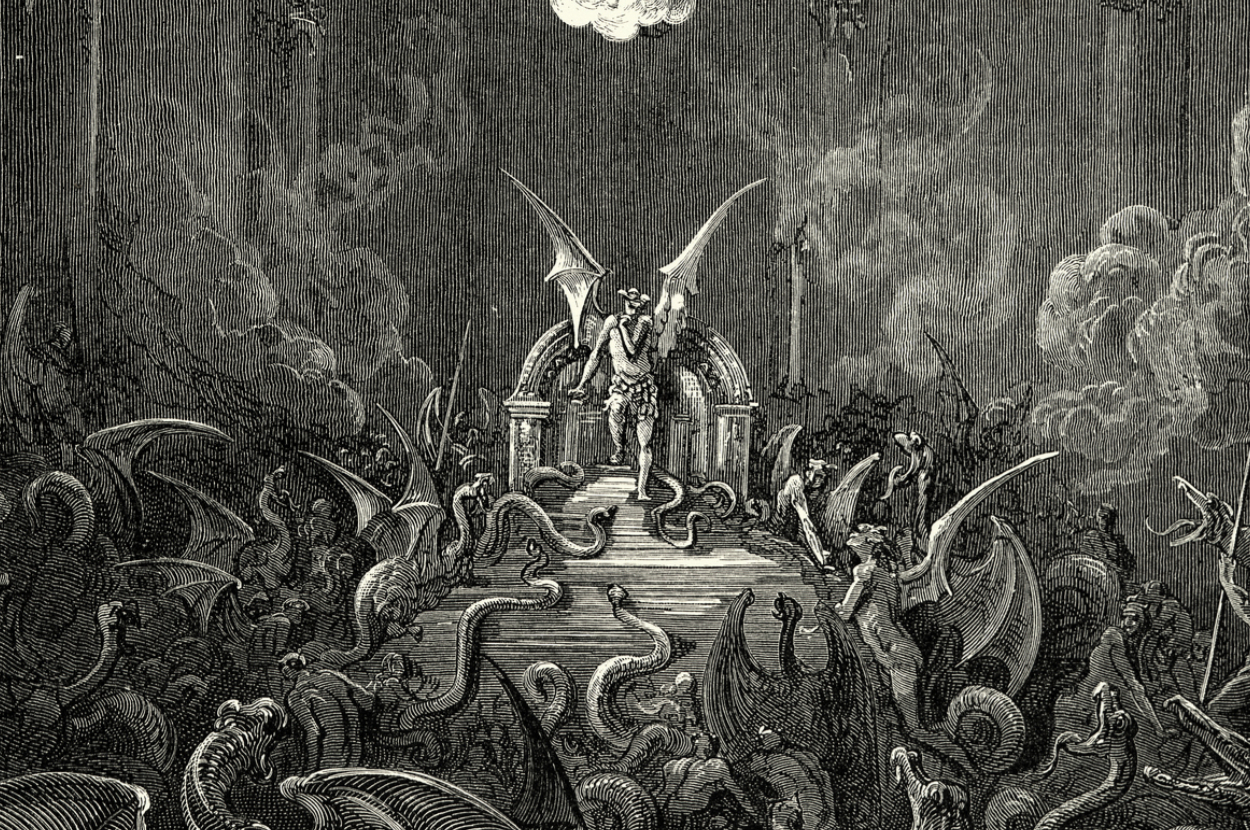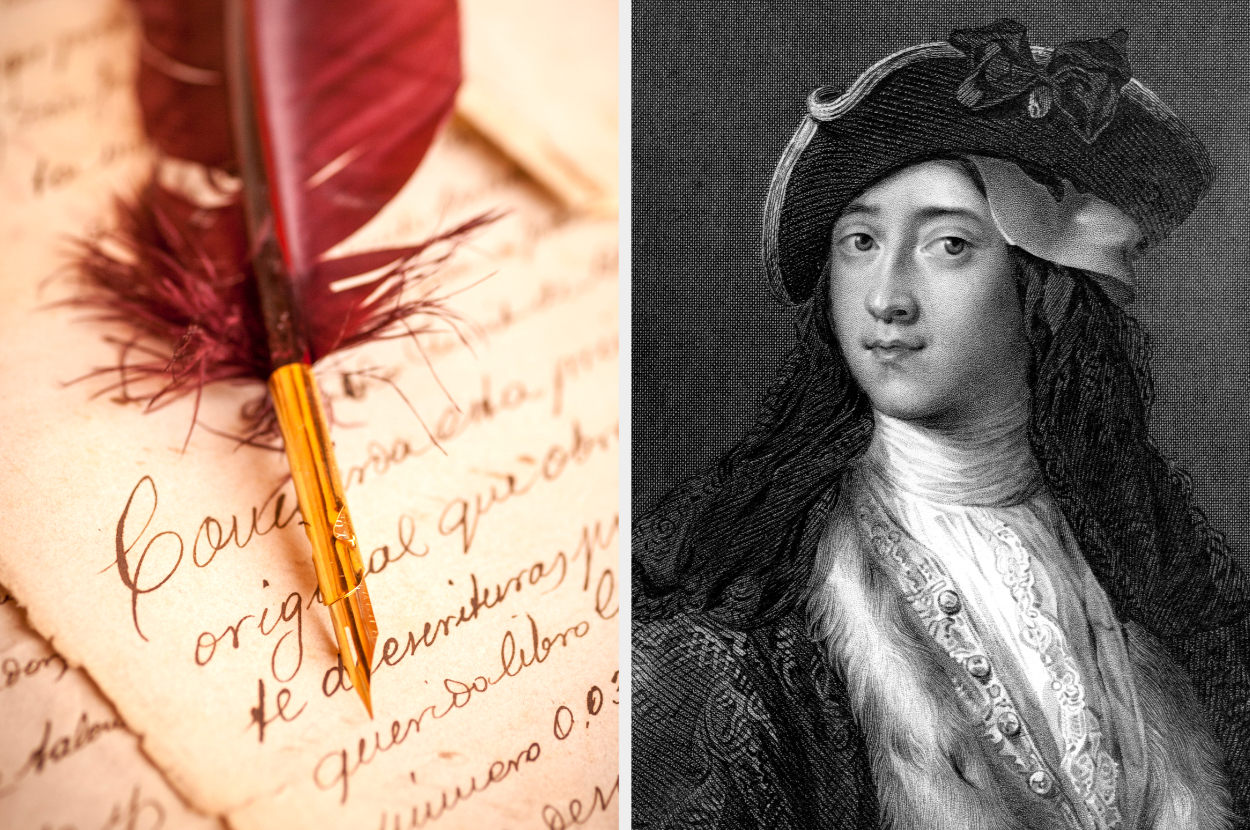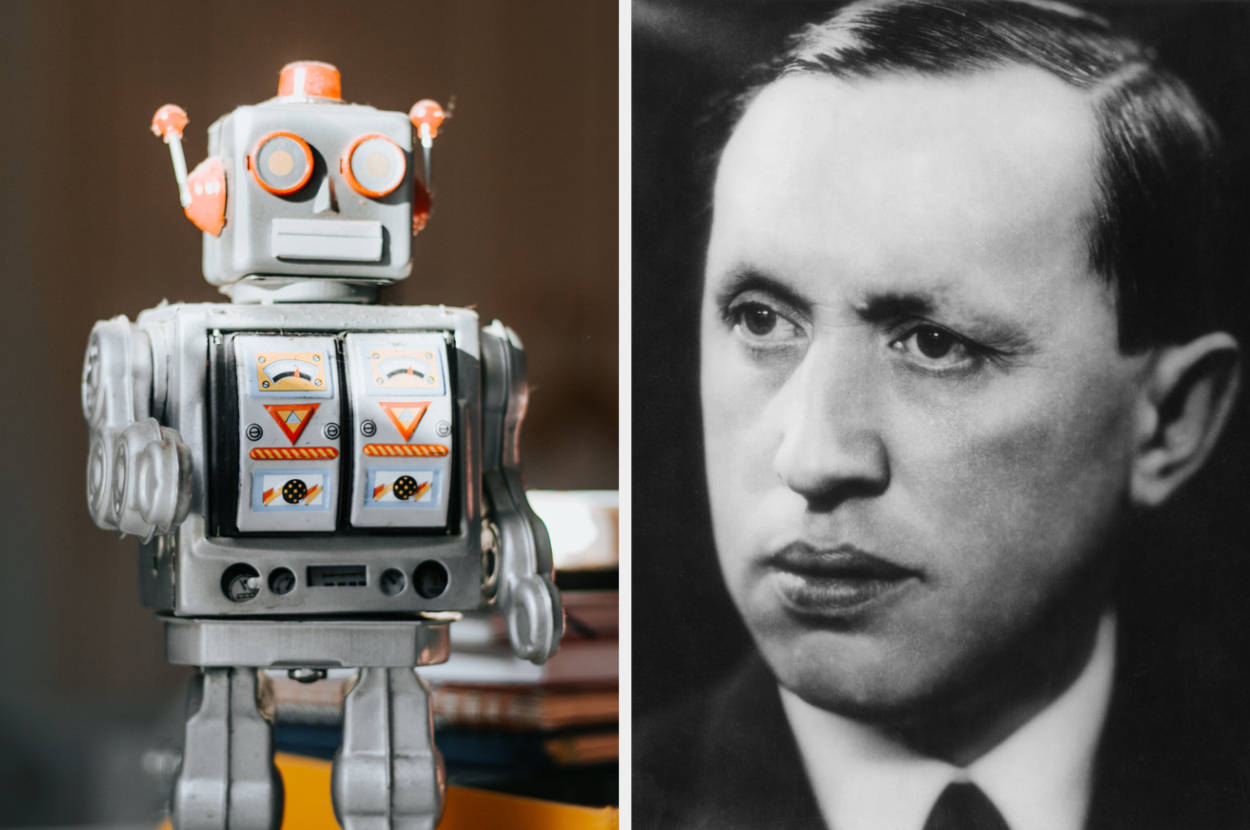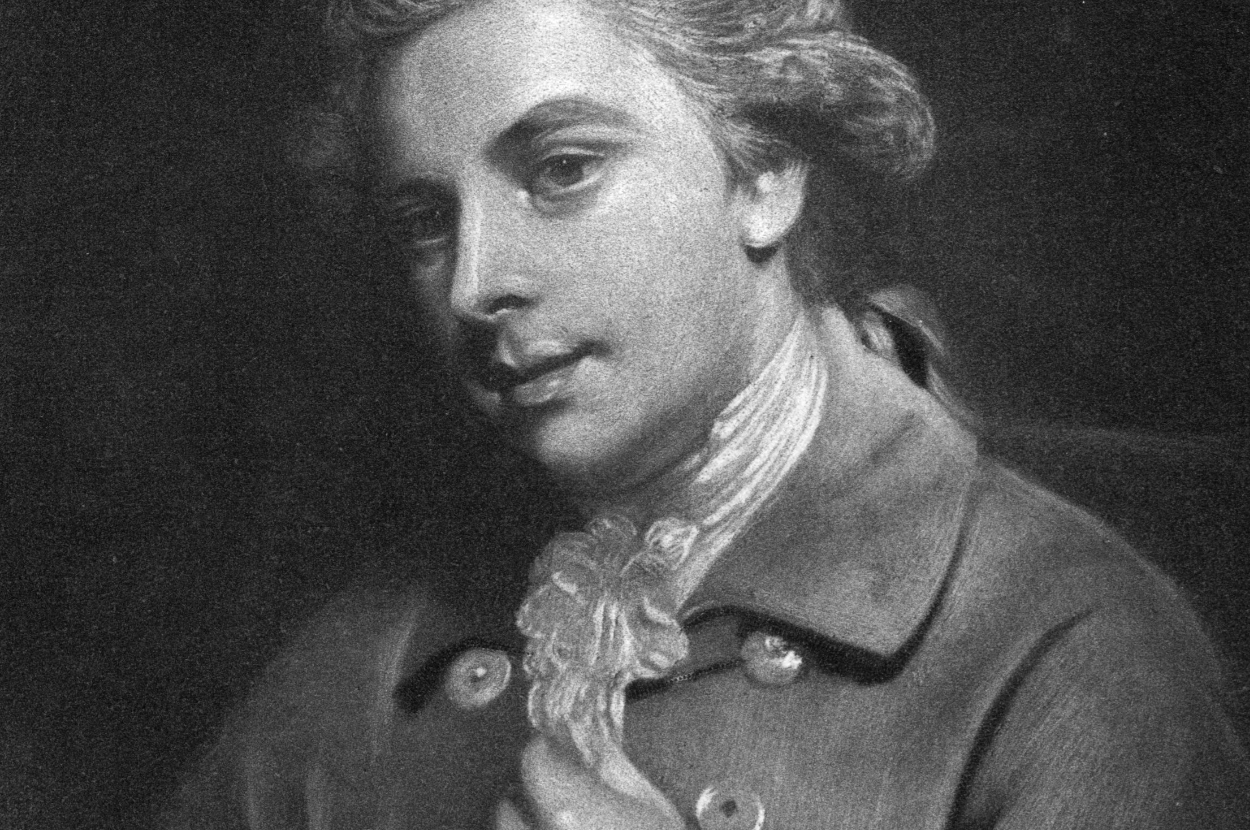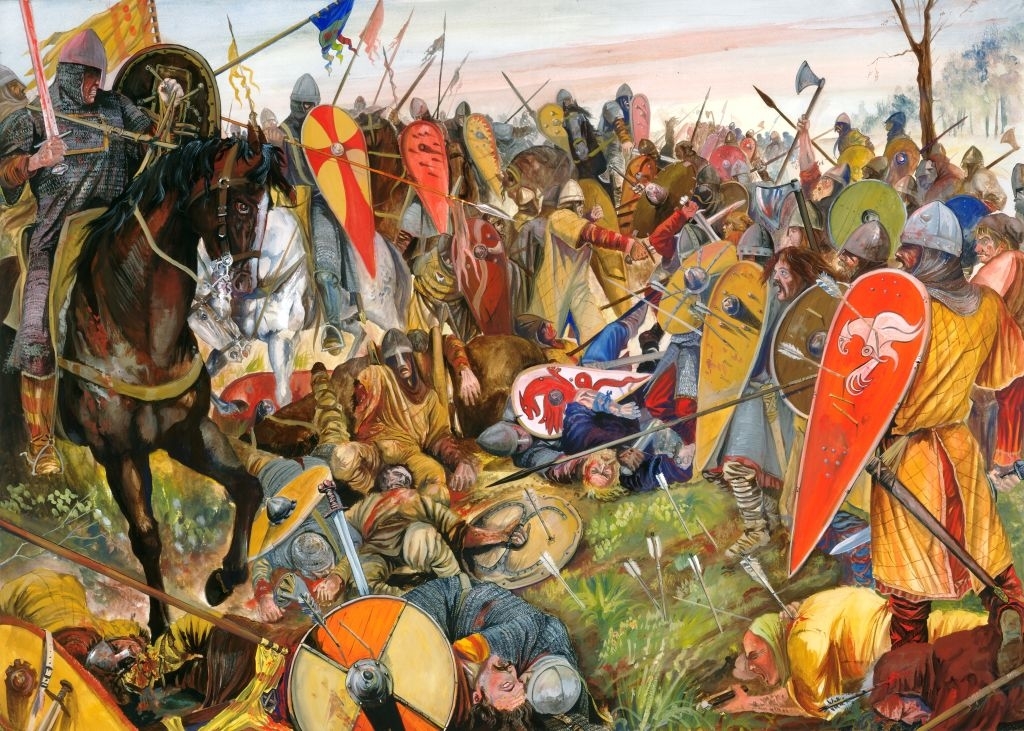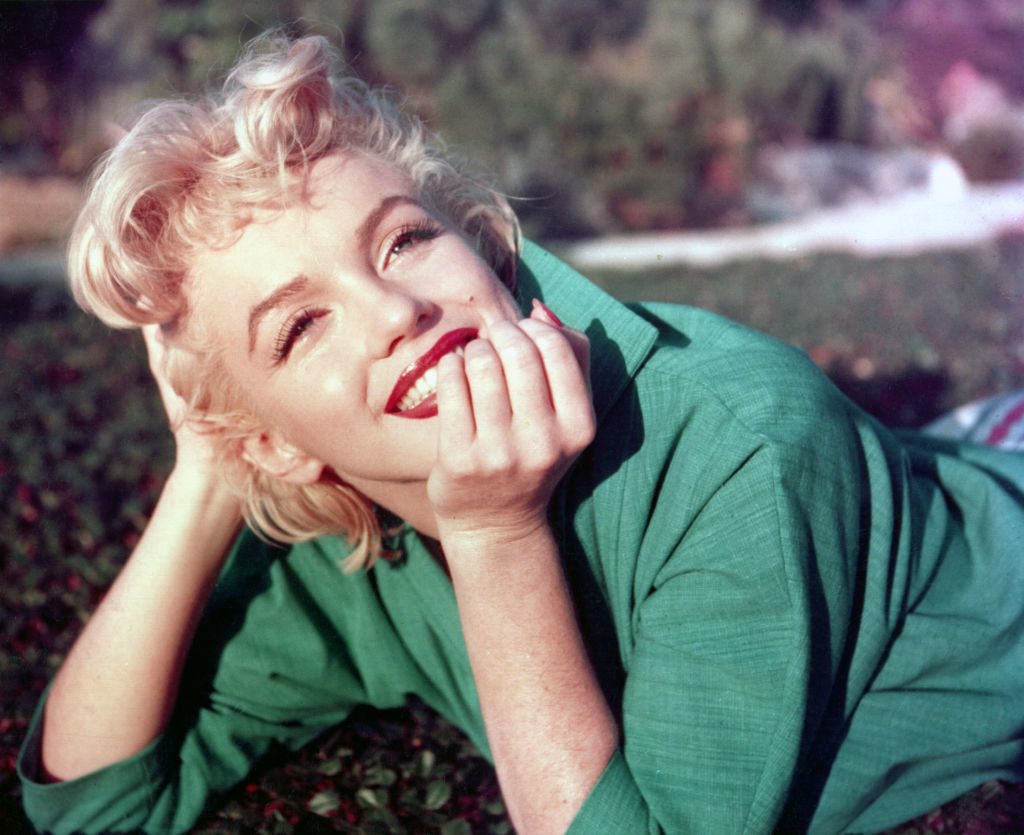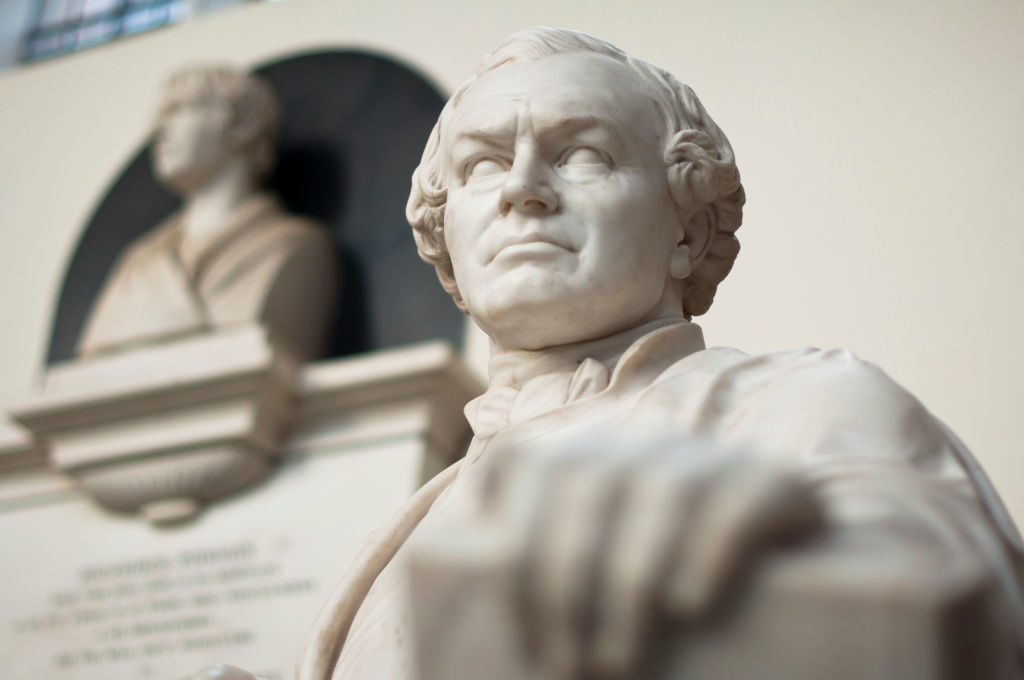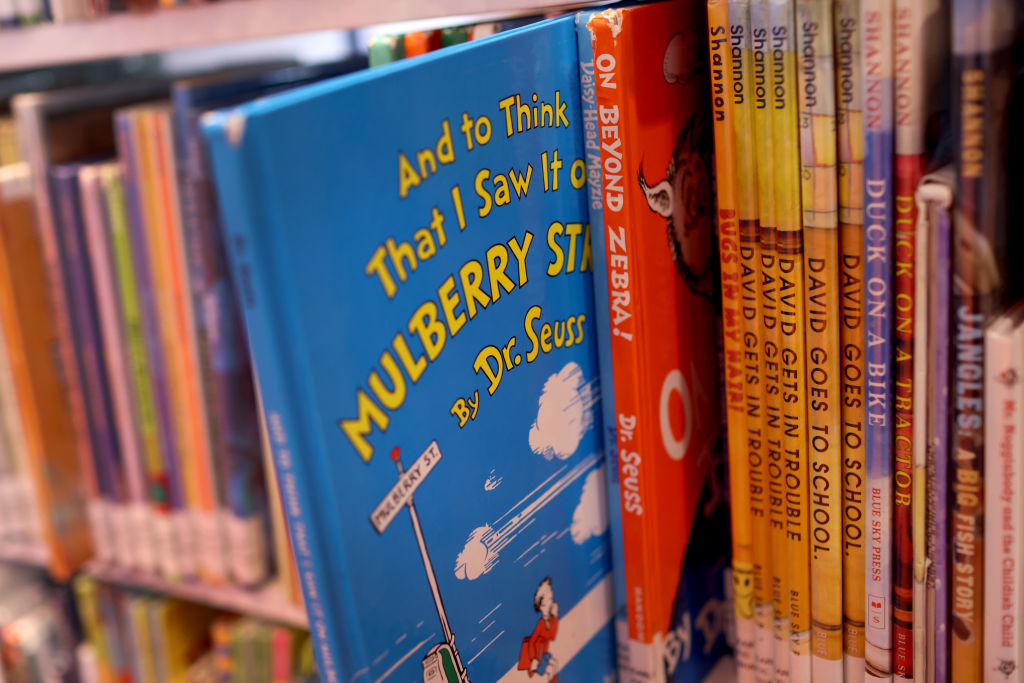Wel only call it a " Catch-22 " because publishers determine against the claim " Catch-18 " at the last minute .
We’ve written beforeabout the words whichwere invented by TV and movies(did you know “core memories” probably came from the firstInside Outfilm?). So, we thought we’d share the words and phrases authors created, too — it’s amazing how many of these slipped into everyday use. Enjoy!
1.According to Merriam-Webster, Richard Dawkins invented the word “meme” in his 1976 bookThe Selfish Gene.
2.“Chortle"comes from Lewis Carroll’sJabberwockypoem, which was a part of his 1871Through the Looking-Glass, and What Alice Found Therenovel.
3.“Catch-22"comes from the titleof Joseph Heller’s 1961 book by the same name — though it was originally calledCatch-18.
4.Miltoncame up with the word"pandemonium” in the epic poemParadiseLost, which Merriam-Webster says he invented because he “needed a name for the gathering place of all demons.”
5.“Serendipity"was inventedby Horace Walpole, author ofThe Castle of Otranto, in a 1754 letter to Horace Mann.
6.The English word “robot"comes fromKarel Čapek’s 1921 playR.U.R(Rossum’s Universal Robots).
7.Though “utopia"already existed before1517 and had a (contested) Greek definition, Thomas More’s bookUtopiagave it the English meaning.
8.“Cyberspace"comes from William Gibson’s1982 short storyBurning Chrome.
9.The English word “malapropism"comes from Irish playwrightRichard Brinsley Sheridan viaThe Rivals.
10.“Freelance"seems to have comefrom Sir Walter Scott’s 1819 bookIvanhoe, meant to describe Medieval soldiers with no allegiance to any one lord.
11.“Beatnik"was created by San Francisco Chronicle columnistHerb Caen in 1958.
12.The word “factoid"was likely inventedby the author Norman Mailer in his biographyMarilyn Monroe.
13.Poet, philiosopher, historian, and mathematician William Whewellseems to have invented theEnglish word “scientist” in response to a challenge by poet S.T. Coleridge in 1833.
15.The word “international” was coined by author Jeremy Bentham in his 1789 book,An Introduction to the Principles of Morals and Legislation.
16.“Litterbug” seems to have come fromAlice Rush McKeon’s1930s bookletThe Litterbug Family.
17.The word “nerd"may have come fromDr. Seuss' 1950children’s bookIf I Ran The Zoo.
18.The New York Times says Wayne E. Oatesinvented the word “workaholic” in his 1971 bookConfessions of a Workaholic: The Facts about Work Addiction.
Side note : you might acknowledge Shakespeare , who ’s often credited for coming up with words like " eyeball " and " chamber , " is n’t on here . That ’s because while he might have amount up with some of them himself , he did n’t excogitate many of the word of honor we credit him for , and it ’s grueling to tell which ones ( if any ) were all his .
“ His audience had to understand at least the center of what he entail , so his Word were mostly in circulation already or were logical combinations of pre - existing concepts , " David McInnis , who literally wrote the book on the topic , secernate The Guardianin 2016 .

